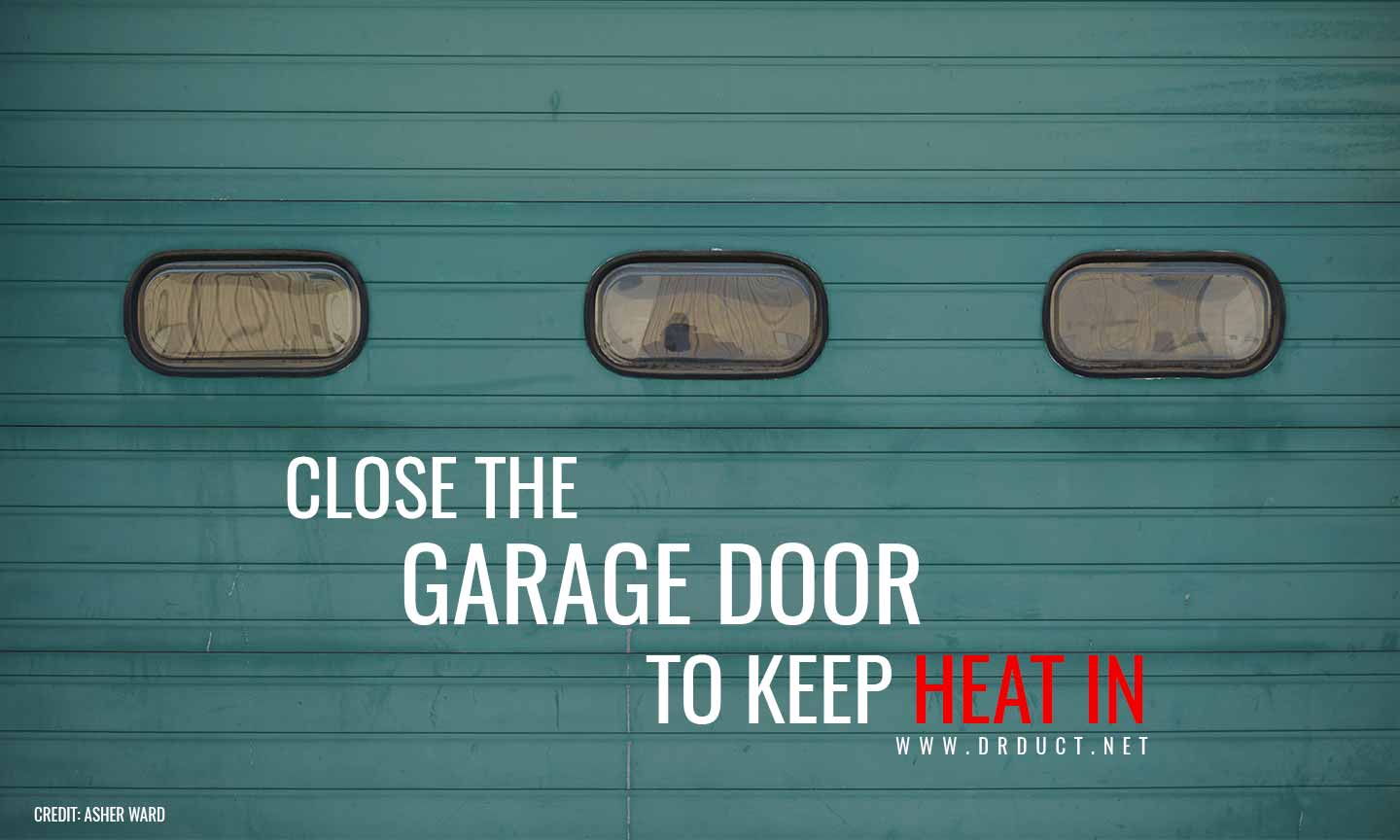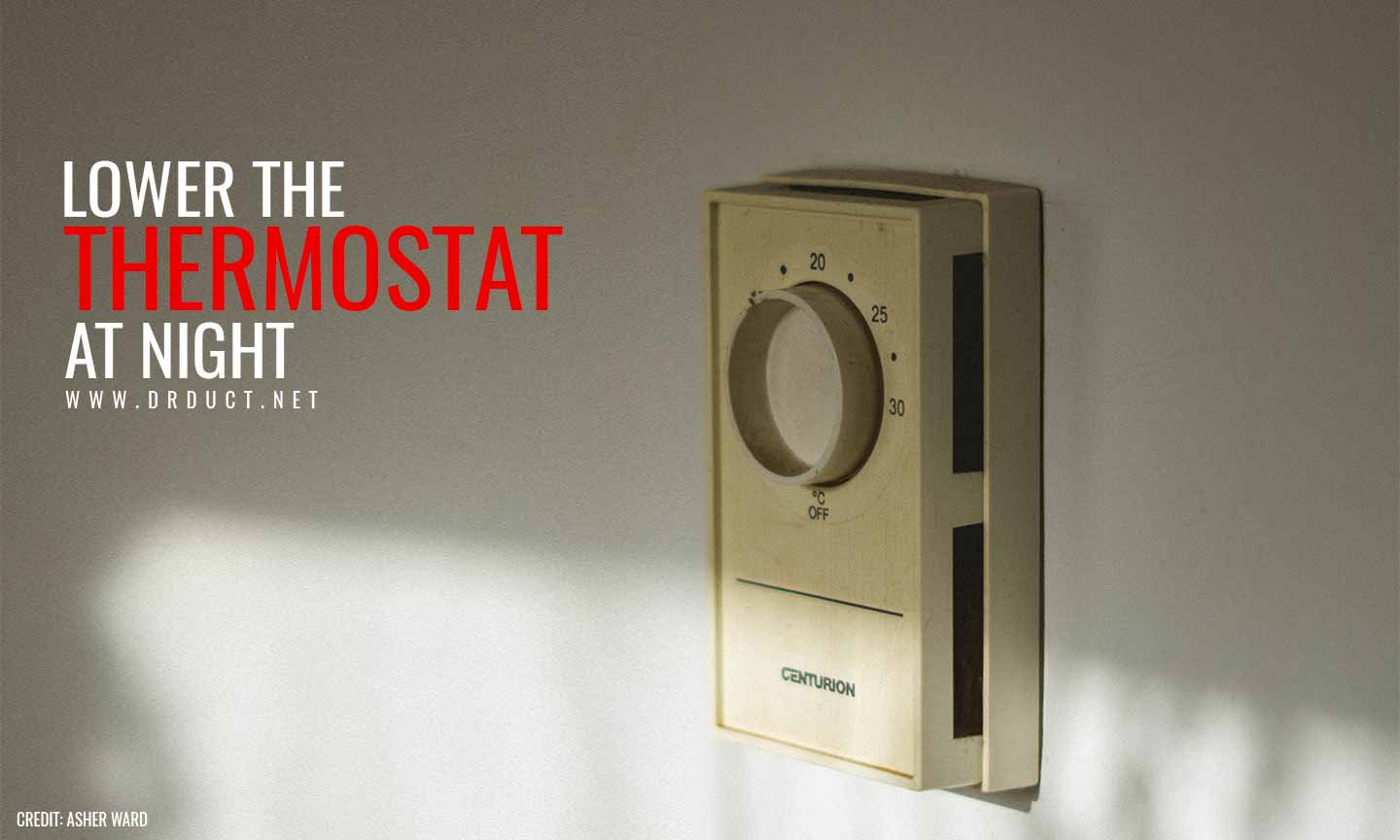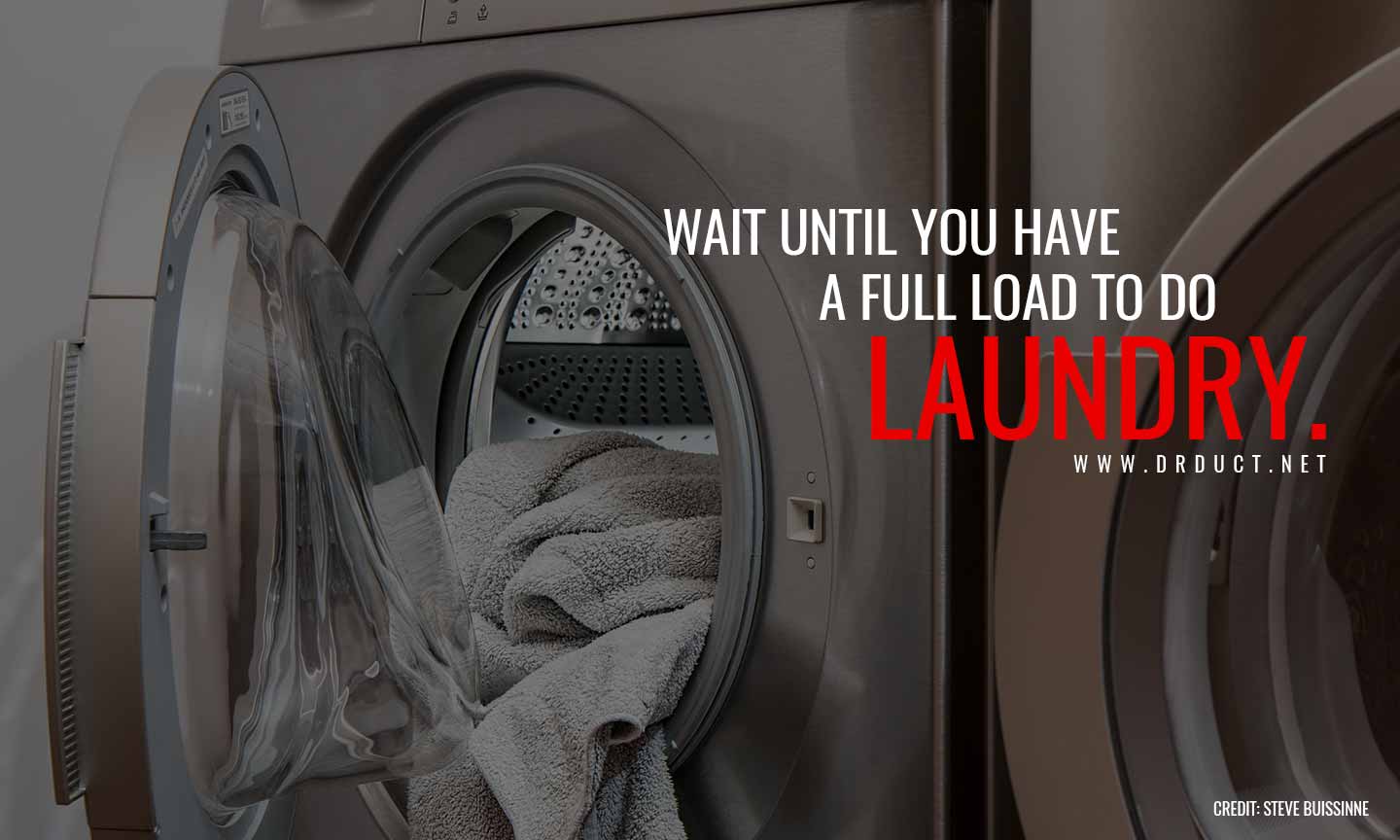
Winter can be energy-consuming and expensive. We boost our thermostats and take long hot showers to keep warm. We decorate our homes with string lights and spotlights to express our holiday spirit. While we enjoy such things, we do not enjoy their effects on our wallets.
Clearly, you need to heat your home, but how much? Overnight temperatures in parts of Ontario can drop to -30 Celsius, or even lower. Without the right insulation, heating, and duct sealant, your house could feel more like an icebox. Are there hacks to get you more heating bang for your buck? Absolutely! You can avoid the shivers this winter, and save money, with these energy-saving tips.
Seal All Cracks
As your house ages, it develops small cracks and holes. Weather, soil settling, and poor drywall installation are all culprits — as are pests, and moisture damage. Unfortunately, those cracks and holes can let your your precious warm air out. Inspect your walls, on the inside and outside. Fill any small cracks or lines you find with expanding foam to seal them.
Your walls aren’t the only parts of your house that can crack. Ducts transmit heat to where it’s supposed to go throughout your home. A crack in one of your ducts can reduce heating efficiency by up to 20 percent. Hire a professional to inspect your duct work, and make sure it is installed and sealed properly. This could net you significant energy savings.

Don’t Heat What You Don’t Use
Where do you spend the most time in your house? For many people, it’s the kitchen, living room, bathroom, and bedrooms. Those are the most important rooms in your house to heat. The others — the garage, crawlspace, the laundry/utility room — do not require significant heating, because you don’t spend much time in them. They also tend to be uninsulated in many homes, so any warmth will be quickly dissipated. You can lower your energy bills by not heating those areas. For the most part, ambient heat will keep basements and crawl spaces around 10 C.
Another easy money saver is to close the garage door. Heat from your house can easily seep into an attached garage and out if you leave the garage door open — not to mention all the critters that could sneak in seeking warmth. Keep all doors to unheated zones closed. Draw all the curtains in your house at night to add an extra layer of protection from outside elements.

Adjust Your Thermostat to Save Energy
To avoid frozen pipes, you need to heat parts of your house at nighttime; but you don’t need to keep it as warm as during the day. For each degree you lower your thermostat over an eight-hour span, you save two percent on your energy bill. Lower it by 5 degrees (Celsius) overnight and you’ll make a significant dent in energy consumption. If you have a smart home thermometer, you can program it to automatically lower at night, and come back up just before you wake. With a regular thermometer, set an alarm on your phone to remind you every night before bed.
If you do have a programmable thermostat, customize your heating patterns to save even more money. Lower the temperature by 5 degrees during working hours, and set it to come back up to your regular settings for a half hour before you come home. You will never notice the difference, and it will save you money.
Remove Damaged Insulation
Most people don’t know the state of their insulation. It’s out of sight, and out of mind. Unfortunately, damaged insulation can result in leaking heat and high energy bills. There are various causes of insulation damage. Asbestos, water, smoke, and animal infestation can all affect how well the insulation works. If you have an older home, your exterior wall or roof joists may be 24 inches apart, rather than 16. Over time, this extra gap may cause insulation to settle inside your walls or roof, leaving gaps. Hire a professional to inspect your insulation and remove any damaged parts. Since heat rises, it’s crucial that the insulation in your attic is keeping it in.

Use LED Light Bulbs
The holidays can be one of the highest energy-consuming times of the year. Whether you hang string lights on your tree or adorn your yard with light-up santas, you’re using more electricity than normal. You can save money by switching to LED light bulbs. Replace your incandescent bulbs with these energy-savers. LED light bulbs use 75 percent less energy and can last up to 25 years. The savings could be enormous. There are LED options for nearly every type of lighting: tree string lights, recessed lighting, commercial lighting, and chandeliers can all be switched to LEDs.
Adjust Your Ceiling Fans
Ceiling fans have two purposes. They create a cool airflow to relieve you on a hot summer day; or they can push warm air down to floor level, drawing cold air up. All you have to do is reverse the direction the fan is spinning. Set it to spin clockwise on low to make the room warmer. As it pulls cold air up, it pushes warm air down. By cycling heated air, you can save even more on your energy bills.

Do Laundry Efficiently
We know that washers and dryers consume a lot of energy. However, one is a bigger culprit than the other. According to Toronto Hydro, your washer uses 5 kWh on average per month, but your dryer uses 100 kWh. If you want to reduce usage and save energy, focus on the dryer. The easiest way is air-drying. A simple drying rack is inexpensive, and can be set up in any room to dry an entire load of laundry. When you do run the dryer, make sure you only run full loads; and wash with cold water whenever possible.
Unplug Unused Electronics
Did you know that your television, computer, and lamps all draw energy when they’re plugged in, even if they are turned off? You can easily lower your energy bill by unplugging electronics when they’re not in use. Unplugging might be a hard habit to teach your kids and teenagers, especially when it comes to phone chargers. Consider making it a before-bedtime ritual to go around unplugging electronics. Then in the morning, only the devices needed get plugged back into the outlet.
Book a Check-up
Even if you think you’re doing everything to lower your bills, you could be missing a key hack. New innovations in the heating and cooling industry happen every year; it’s important to stay up to date on the latest ways to save your money. Hire a professional for an annual checkup, to make sure all your bases are covered. They can inspect your HVAC system, ductwork, insulation and more to make sure your house is in good shape for winter.
For over 10 years, Dr. Duct has been ensuring Ontario residents have clean air to breathe in their homes and workplaces. From duct cleaning to piping repair, we’re committed to making your home as efficient and breathable as possible. For a free estimate, or to inquire about our services, send us a message or give us a call: (613) 845- 0707.
